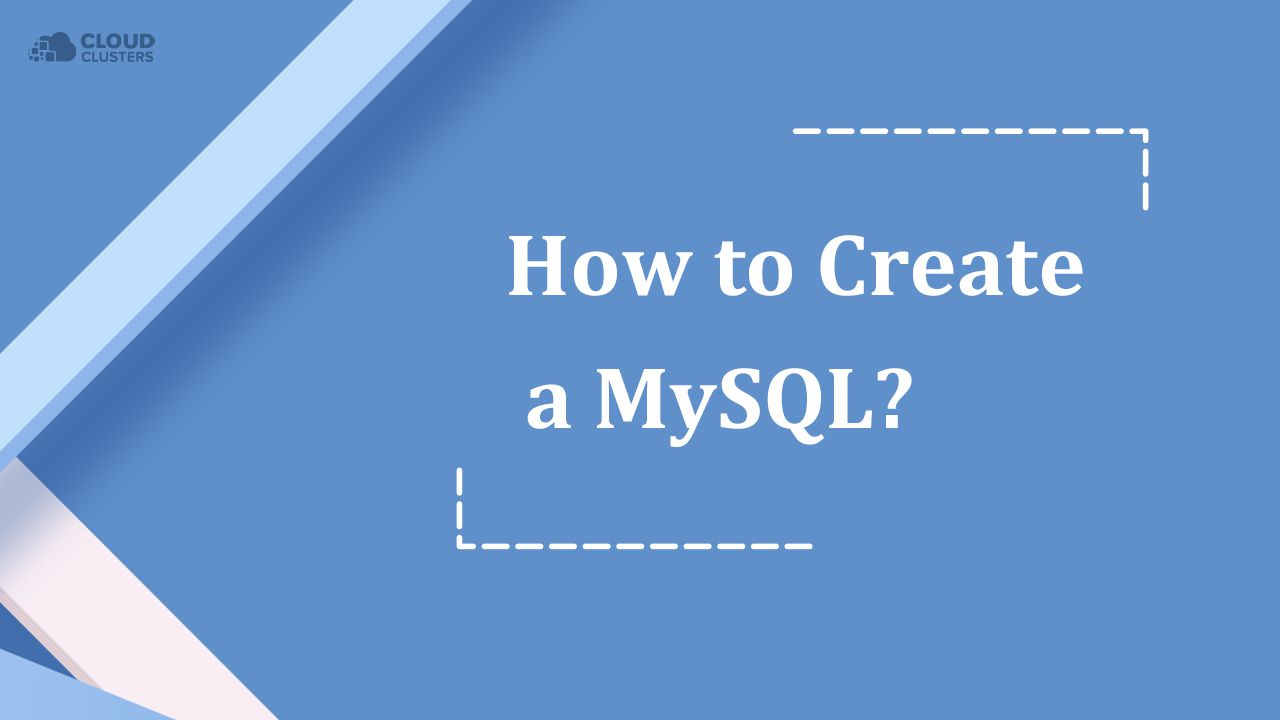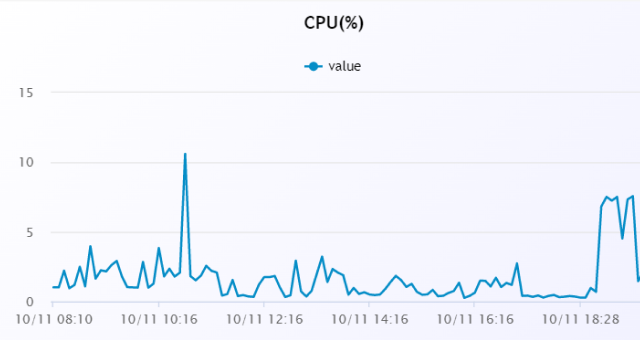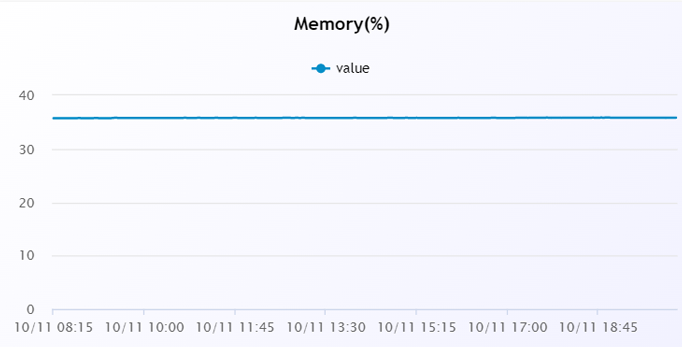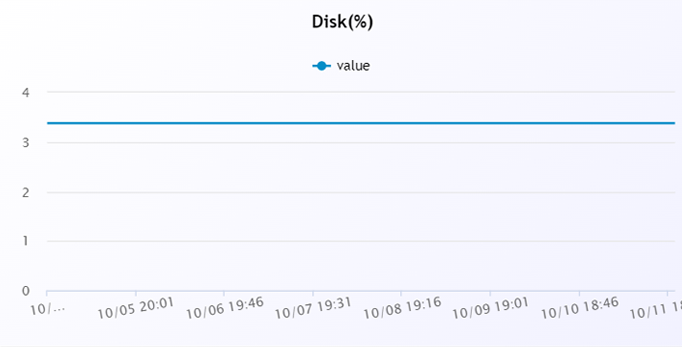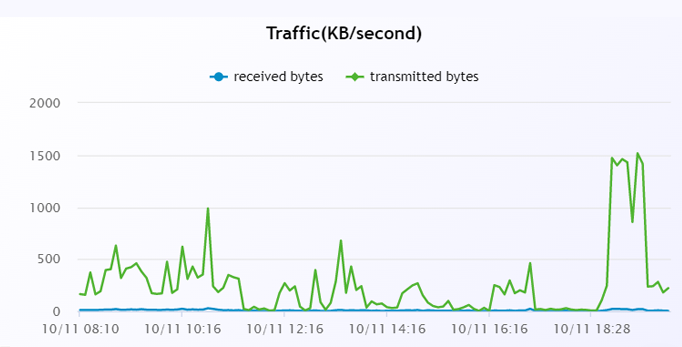Pick Your Favorite Cloud Databases
DBClusters cloud platform supports a variety of cheap database hosting plans for SQL, NoSQL, and NewSQL databases. Find your favorite database here.

Oracle

MySQL
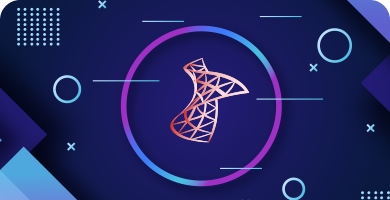
SQL Server

PostgreSQL
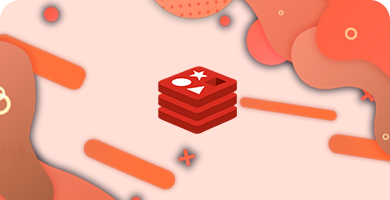
Redis

Elasticsearch

Cassandra

MariaDB
A Video Shows How to Create a Cloud Database Instance
A quick walk through of how to create a database on CloudClusters.
8 Reasons to Migrate to DBClusters DB Hosting
Leave the complexity of DB hosting administration to us. We’ll handle setting up, backing up, and updating so you can focus on building great APPs.

Cheap Database Hosting

Rich Application Options

Highly Scalable

Easy to Use and Maintain

Instant Backup

Fully Managed DB Hosting

End to End Security

Powerful Control Panel
Monitor DB Hosting Usage in Real Time
Advantages and Disadvantages of SQL, NoSQL, and NewSQL Databases

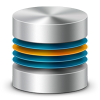
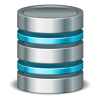
RDBMS stands for Relational Database Management Systems. It is designed for relational databases to provide data in rows and columns or in a properly structured format. The database is provided digitally for the relational model of data.
One of the main benefits of using SQL database is the versatility and simplicity of the language.
Another benefit is its easy integration with other programming languages, most suitable for Python and R integration.
SQL database can run at a high operating speed, providing users with a fast and effective way to retrieve, operate or store data.
SQL database has a complex interface, which may make some users feel uncomfortable when dealing with databases.
Some versions are too expensive for programmers to access.
Because of hidden business rules, users cannot fully control the database.
Comparison of Popular DB Hosting Solutions
 |  | 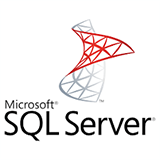 |  |  | 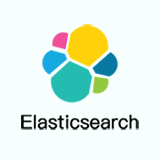 |  |  | |
| Database | Oracle | MySQL | SQL Server | PostgreSQL | Redis | Elasticsearch | Cassandra | MariaDB |
| Type | SQL Database Hosting | SQL Database Hosting | SQL Database Hosting | SQL Database Hosting | NoSQL Database Hosting | NoSQL Database Hosting | NoSQL Database Hosting | SQL Database Hosting |
| Popularity Score | 1236.37 Data Sources: DB Engines | 1205.3 Data Sources: DB Engines | 924.68 Data Sources: DB Engines | 622.72 Data Sources:DB Engines | 183.38 Data Sources: DB Engines | 151.07 Data Sources: DB Engines | 117.95 Data Sources: DB Engines | 109.31 Data Sources: DB Engines |
| Best for | Oracle database stores, organizes, and retrieves data by type while maintaining relationships between various data types. The application is designed for grid computing, which uses distributed computer resources to reach a common goal. | MySQL is suitable for any application requiring a transactional SQL engine, including mission-critical apps and heavy trafficked websites. MySQL adheres to ACID principles and includes extensions to ANSI/ISO Standard SQL, as well as support for XML and JSON. | Microsoft SQL Server is a relational database management system developed by Microsoft. As a database server, it is a software product with the primary function of storing and retrieving data as requested by other software applications—which may run either on the same computer or on another computer across a network. | Supports NoSQL and a large variety of data types: PostgreSQL is a popular choice for NoSQL features. It natively supports a rich variety of data types, including JSON, hstore, and XML. You can define original data types and set up custom functions, too. | Redis is an ideal choice for real-time analytics use cases such as social media analytics, ad targeting, personalization, and IoT. | Elasticsearch is a good for Logging and Log Analysis, Scraping and Combining Public Data, Full-Text Search, Event Data and Metrics, and Visualizing Data. | Cassandra is a good fit for IoT and edge computing needs. Cassandra can ingest concurrent data from any node in the cluster, since all have read/write capacity. Ability to handle a large volume of high-velocity, time-series data. | Generally speaking, MariaDB shows improved speed when compared to MySQL. In particular, MariaDB offers better performance when it comes to views and handling flash storage through its RocksDB engine. MariaDB also outperforms MySQL when it comes to replication. |
| Deployment on DBClusters | Cloud Database, DBaaS | Cloud Database, DBaaS | Cloud Database, DBaaS | Cloud Database, DBaaS | Cloud Database, DBaaS | Cloud Database, DBaaS | Cloud Database, DBaaS | Cloud Database, DBaaS |
| Installation Environment | Docker Container | Docker Container | Docker Container | Docker Container | Docker Container | Docker Container | Docker Container | Docker Container |
| Supported Versions on DBClusters |
Oracle 11g XE
Oracle 11g XE uses availability groundbreaking adaptive cursor sharing, database resident connection pooling, and version-based redefinition. |
MySQL 5.7 / 8.0
MySQL 5.7 - Community end of life planned until October, 2023. |
SQL Server 2019 XE / 2017 XE
SQL Server 2019 supports free asynchronous replication on Azure Virtual Machines for disaster recovery. SQL Server 2017 was able to backup and disaster recovery to azure. |
PostgreSQL 16 / 15 / 14 / 13 / 12 / 11
Compared with PostgreSQL 12, PostgreSQL 13 requires reading fewer index pages and is more efficient if an index has a large number of repeated values and the execution plan uses index only scan. |
Redis 6.0
Redis 6.0, the latest version of open source Redis, boosts security, performance, and ease-of-use—and even brings some entirely new functionality. |
Elasticsearch 7.10
Elasticsearch 7.10.0 fixes the problem of information disclosure in audit logs, which is a stable release of Elasticsearch. |
Cassandra 3.11
Apache Cassandra 3.11 release: Released on 2022-06-17 Maintained until 4.2.0 release (May-July 2023) |
MariaDB CS 11.1 / 10.6
MariaDB 10.5 is a previous major stable version The first stable release was in June 2020, and it will be supported until June 2025. |
| Database Connection Management by (Including GUI Tools) | ||||||||
Control Panel Features
|
|
|
|
|
|
|
|
|
| Deployment Duration | 2-4 minutes | 1-2 minutes | 1-3 minutes | 2-3 minutes | 1-3 minutes | 1-3 minutes | 1-3 minutes | 1-3 minutes |
| Support | 24/7 Live Chat or Ticket | 24/7 Live Chat or Ticket | 24/7 Live Chat or Ticket | 24/7 Live Chat or Ticket | 24/7 Live Chat or Ticket | 24/7 Live Chat or Ticket | 24/7 Live Chat or Ticket | 24/7 Live Chat or Ticket |
| Benefits | 7-Day Free Trial | 7-Day Free Trial | 7-Day Free Trial | 7-Day Free Trial | 7-Day Free Trial | 7-Day Free Trial | 7-Day Free Trial | 7-Day Free Trial |
Price |
$4.99/m
|
$4.99/m
|
$4.99/m
|
$4.99/m
|
$4.99/m
|
$4.99/m
|
$4.99/m
|
$4.99/m
|
| Get Started | Get Started | Get Started | Get Started | Get Started | Get Started | Get Started | Get Started |
Our Clients are Satisfied with Us
Frequently Asked Questions of DB Hosting
How to quickly start a DB hosting?
What are the differences between SQL and NoSQL databases?
SQL databases use a structured query language and have predefined schemas. NoSQL databases have dynamic schemas for unstructured data.
SQL databases are vertically scalable, while NoSQL databases are horizontally scalable.
SQL databases are table based, while NoSQL databases are documents, key values, graphs, or wide column storage.
SQL databases are more suitable for multi-row transactions, while NoSQL is more suitable for unstructured data such as documents or JSON.

